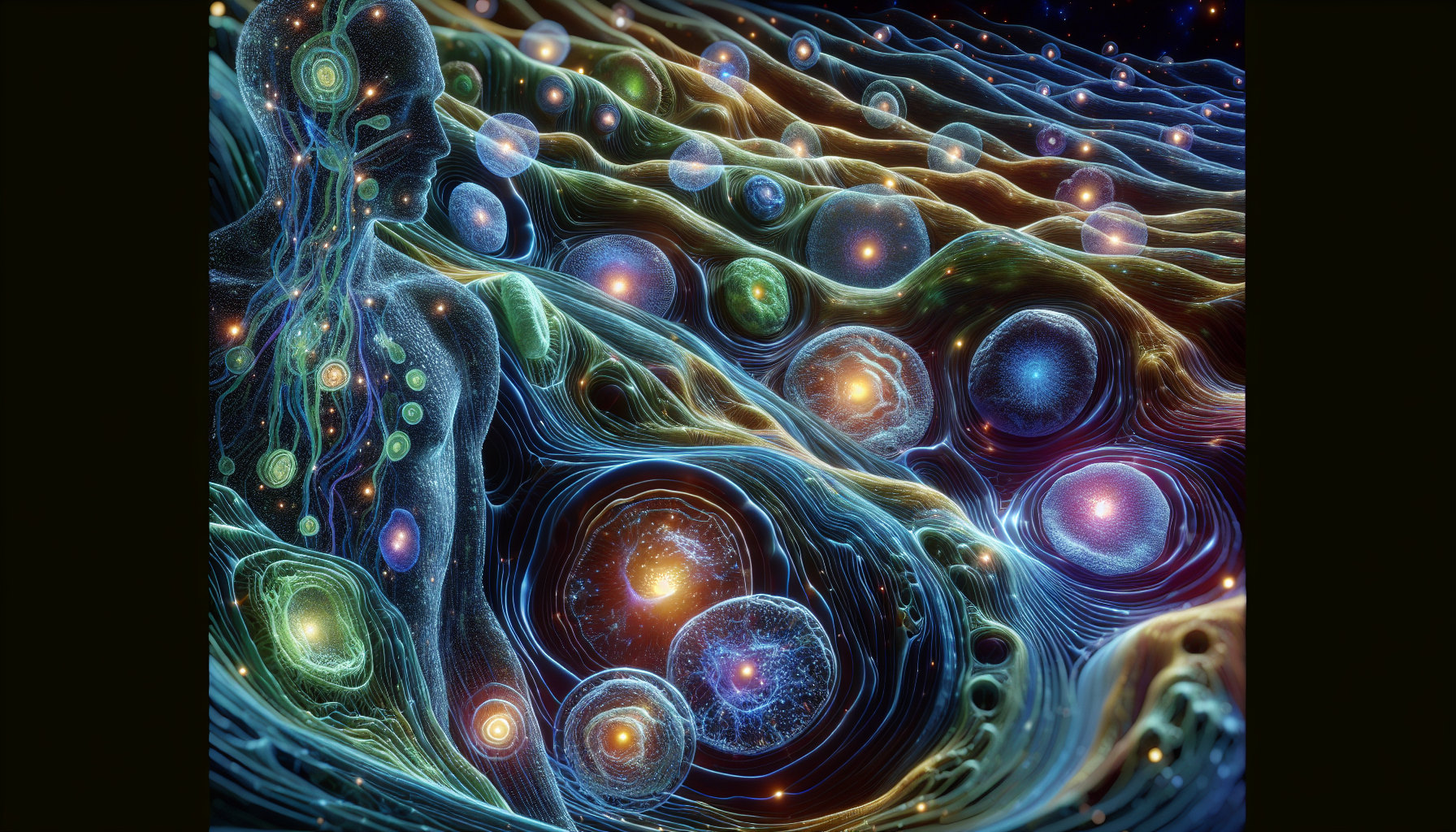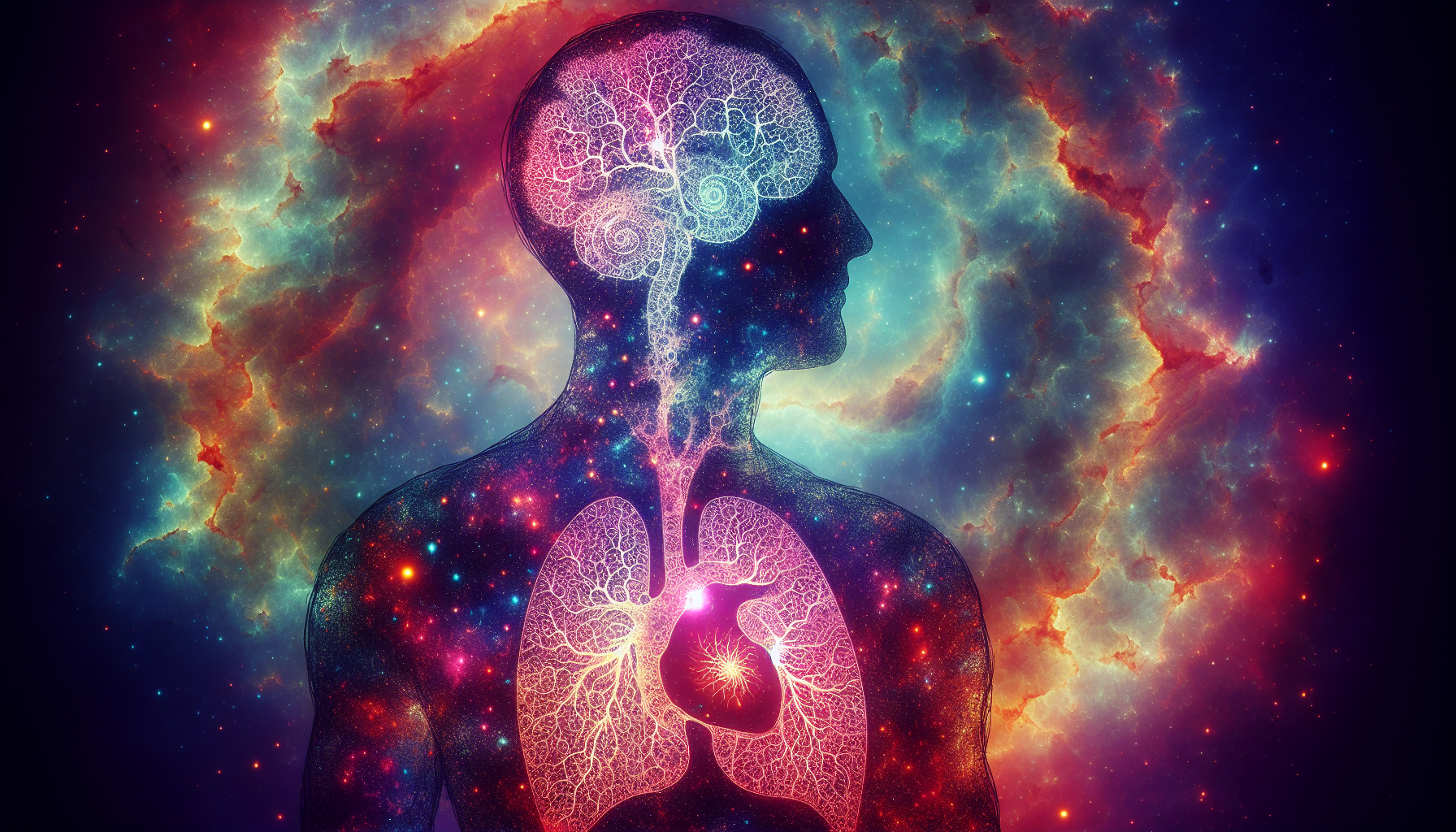Ever stopped to marvel at the incredible complexity tucked within our bodies?
Our lives present an intriguing dance of around 100 trillion cells working harmoniously to maintain our existence!
Here we unpack this astounding fact and delve into what makes you, you.
This multitude of cells in your body is like an elaborate city, each cell performing its part in the human symphony.
The types of cells are as diverse as the roles they fill: we have nerve cells for thought and sensation, muscle cells for movement, red blood cells for oxygen transportation, and much more.
All these cells work together, day in and day out, to keep you alive and humming.
Within this sprawling city of cells, there is also a bustling microcosmic community of bacteria, which actually outnumber human cells.
These tiny residents are vital for digestion among various biological functions.
So, in essence, you are a living, breathing, walking ecosystem!
Each cell isn't just a simple blob; it's an intricate factory.
The outer membrane acts like a security guard, regulating nutrients and waste.
Inside the cell, the nucleus is the CEO's office, containing DNA, our genetic blueprint.
Then, we have the mitochondria, our in-house power plants, and organelles such as the endoplasmic reticulum and Golgi apparatus, which make and package proteins.

This bustling operation works 24/7 across trillions of cells, a brain-bending scale of activity.
Isn't it mind-boggling to contemplate the sheer complexity of tasks happening within every micron-sized cell every second?
To maintain the synchronized performance, cells communicate with each other through hormones, neurotransmitters, and cytokines, among others.
However, errors aren't uncommon and when they occur, cells have ingenious repair mechanisms, or failing that, they self-destruct to avoid harming the larger organism.
Exploring this cellular world exposes the marvel that is human existence and prompts intriguing questions about our health, aging, disease, and potential.
Consider the implications for understanding physiological processes and disease mechanisms.
A deeper understanding of cellular functions could open doors to new treatments for a variety of illnesses.
Isn't it truly amazing to realize we're just one giant organism made of 37 trillion working wonders?
But what happens when something goes wrong?
Comment below if anything has gone wrong with your cells and how it affected your life! 👎

